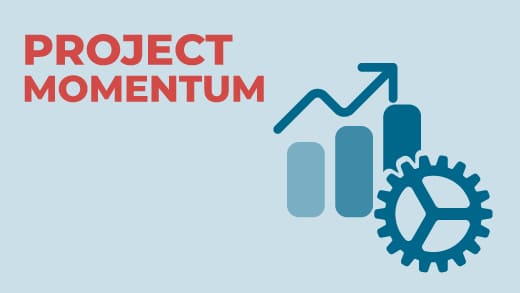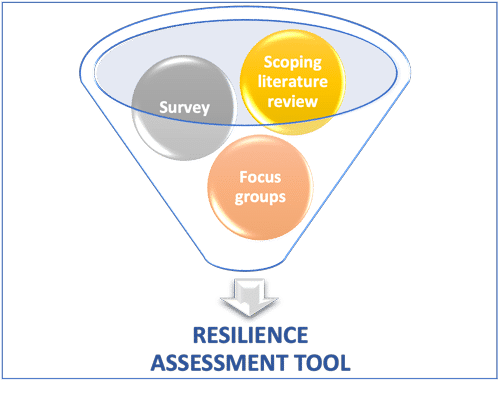Since its launch last December, the RESIL-Card project has achieved major milestones with the first work package (WP1) under the leadership of the Health Systems and Services Research Group from the Amsterdam University Medical Center (Amsterdam UMC).

Over the first 12 months of the project, the Amsterdam UMC team, supported by the other Consortium members and partners, is expected to leverage their expertise in health system performance assessment and use research and scientific methods to review and summarise the literature, involve stakeholders, collect and collate data in an informative way, to ultimately build a resilience assessment tool that will ensure the continuity of cardiovascular (CV) care ahead of future crises.
Following a 3-step approach, a scoping literature review was first undertaken to map and compare existing CV care pathways and disruptions during the COVID-19 pandemic, with a focus on innovative tools and practices to ensure continuity of care during crises and tackle health inequalities. Combining a scoping review previously published by the Amsterdam UMC team and We CARE’s data collection work during the COVID pandemic, a preliminary version was released in May. The final document – resulting from the development and continuous update of the scoping review – is planned for the end of the project (November 2026).
Pursuing the same objective, also aiming to collect insights about the most relevant domains and indicators to build a ‘resilience tool’ from the perspective of healthcare professionals having provided care during the COVID pandemic, a large-scale survey of the European interventional cardiology community was conducted in May-June. The questionnaire addressed specific resilience themes prior to and during the pandemic (workforce, care delivery, governance, etc) as well as preparedness components, lessons learnt, and innovations to be sustained. The survey results have been utilised to prepare the upcoming multistakeholder focus groups scheduled to take place in October. The objective will be to validate and refine the survey findings and inform on the relevant aspects to assess the resilience of the CV care pathways.

The development of the resilience tool during the upcoming last months of WP1 will be based on the findings resulting from the 3-step approach. They will serve as a methodological exploration of the measurement features to be included in the tool whose preliminary version is expected beginning of 2025.
Concurrently with WP1, various communication action opportunities were seized to give the project some visibility and increase awareness about the paramount need to improve the resilience of cardiac care pathways in Europe: publication in health journals, interviews, presentations at major international and national congresses.